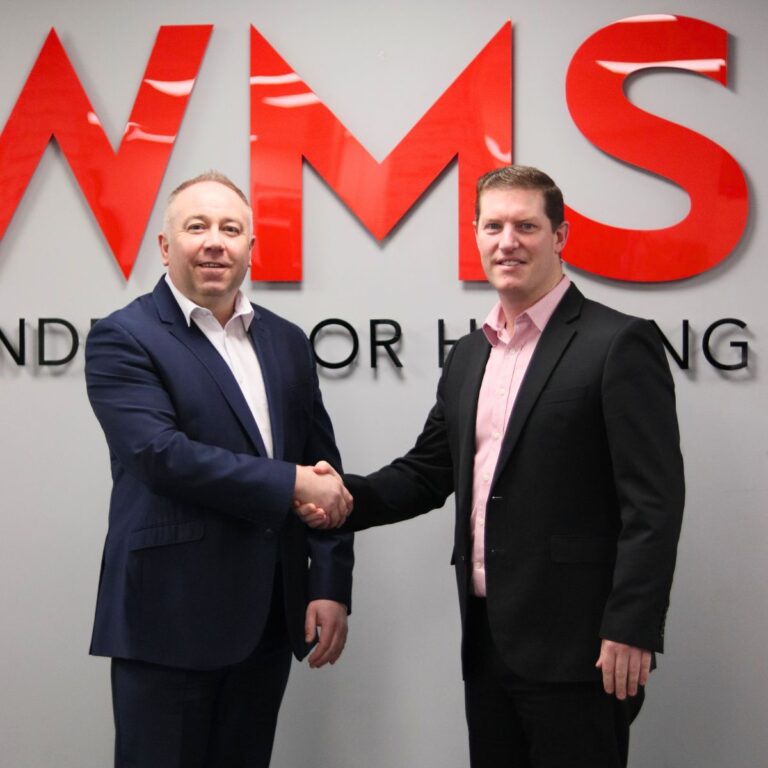Time to deliver healthy, safe and efficient homes for UK social housing developments
Ashley Cooper returned from the recent Housing Industry Leaders Conference in Manchester with some clear feedback from Housing Associations about the challenges they face and their aspirations for the future of social housing in the UK.
MP Lee Rowley started the conference with a keynote speech, examining the vision for the future, new technologies and focussing on local issues. This was followed by thoughts from key figures in local authority, house building, new technologies, sustainability and fit out.
Although less than a third of Housing Associations’ budgets are allocated to new build the much-anticipated Future Homes Standard (FHS) will be fully adopted in less than a year, so low temperature home heating systems that are energy efficient, improve indoor air quality and prevent damp and mould must be adopted for new developments, from 2025 at the latest.
Delivering warm, safe and decent homes is a priority for the government in setting these new standards, and there’s an increased focus on this following the publication of the recent Health and Social Care Committee report. The findings suggest that excess cold, heat, damp and mould are some of the most serious housing hazards, so creating healthy, safe homes for now and the future has never been more important, especially for the most vulnerable in society.

Ashley Cooper “Housing Associations are experiencing a huge period of change to meet the new low-temperature heating requirements. It’s never been more important for new build heating systems for social housing to work for both the authorities that build them and the occupants that live in them, for many years to come. We’re committed to sharing our experience for the good of society, using renewable and low-carbon technology to deliver healthy, safe, efficient and warm homes for everyone in society.”
Almost 10m UK households living in ‘cold, damp, poorly insulated homes’. We must build better for the future. Flip for more >>>
The only heating system which can heat all surfaces in the room evenly is radiant heating, specifically hydronic (water-based) underfloor heating. This form of heating creates evenly warm spaces, and because warm air holds more moisture than cool air, that room can hold more moisture rather than depositing it as condensation and, subsequently, mould growth.
Boilers and standard radiators will no longer be an option to meet the new regulatory demands and cannot heat all surfaces in the room evenly. Underfloor heating also meets the needs of screeded systems, suitable for new builds, and low profile systems, which keep floor build-up to a minimum in retrofit scenarios.
In addition UFH addresses other reported challenges in social housing, including radiator vandalism, given that underfloor heating is completely concealed within the floor. Also, while thermostatic radiator valves on modern heating systems allow for more control, if temperatures remain set to high levels, serious injuries can occur if children, elderly or vulnerable tenants come into contact with these hot metal units.
While air source heat pumps (ASHP) are a popular choice to meet the new standards, as these heat sources have far fewer tolerances than the industry is used to, especially compared to traditional heating systems. A poorly designed system could increase energy bills and is a risk that cannot afford to be taken when National Energy Action predicts that three million households in England alone will still be trapped in fuel poverty by 2030 – the same number who are currently in fuel poverty in England living in cold, damp and unhealthy homes. Good design is crucial.
ASHPs and underfloor heating create a low-temperature solution which ticks every regulatory box.
However, collaboration is key as the industry works together to navigate the period of change and to meet the low carbon goals of the future – for all new homes in the UK.




